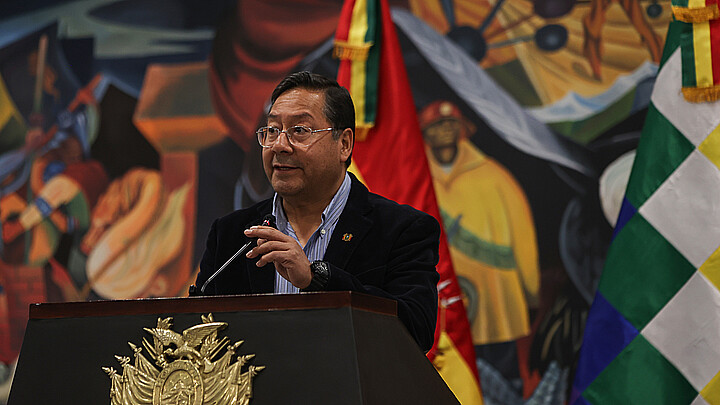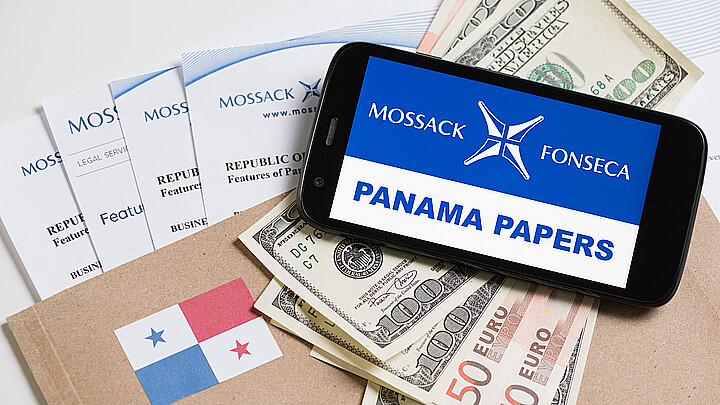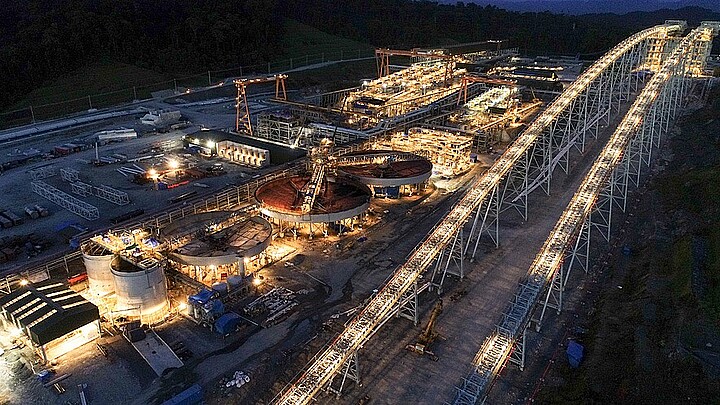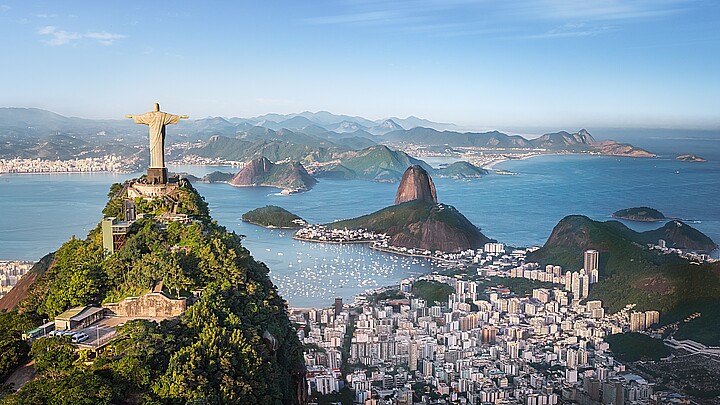Business
U.N. calls for 'pro-growth' economic reform to save Latin America from crushing inflation
Argentinians demand higher wages. Brazil’s central bank on strike. Colombia faces food spikes. Mexico inflation sky-high. Peruvian locals clashing with tourists among rising prices.
June 10, 2022 8:33am
Updated: June 10, 2022 11:22am
Russia’s illegal invasion of Ukraine has sparked a dramatic increase in poverty throughout Central and South American nations, according to a recent report sponsored by the United Nation’s Economic Commission on Latin America and the Caribbean (ECLAC).
The report predicts another 7.8 million will face the already 86.4 million that lack food security in the region, projecting that the poverty rate will escalate in several countries. It also speculates that higher commodity prices, the increase in transportation and disruptions to international supply chains will continue to impact the region’s ability to trade goods.
“In December 2021, ECLAC projected a 10% increase in the value of regional exports of goods and a 9% increase in the value of imports. However, the price increase for several of the main products that the region buys and sells abroad raises the projection for 2022 to a 23% expansion, both for exports and imports,” the report says.
In one example, the report indicated Colombia’s poverty rate will increase from 36.3% to 38%. The nation’s projected 1.7% increase in poverty is one of the most significant throughout the region, according to ECLAC. The international organization said those numbers mean about 880,000 Colombians will face poverty this year.
According to DANE, the Colombian agency that records statistics, inflation in May increased by 9% compared to April. The agency said Monday that spike is mostly coming from a staggering 21.6% increase in food and non-alcoholic beverages, which is up from an average of 12.5% in March.
Several other countries in the region are facing various problems. In April, the World Bank predicted the poorest elements of Central and South America would have crushing inflation.
“In Mexico, overall annual inflation reached 7.7% in April…. Argentina is in a category of its own, Inflation was already running 50% annually in 2021 before the fresh external shocks this year. In April it hit 58%... and the central bank increased interest rates by two percentage points to 49% in May, still below inflation… [In Chile] inflation running over 10% is contributing to President Gabriel Boric’s sinking approval ratings which fell to 35% in early May. In the same poll, 86% said the economy was stagnant or worsening,” reports Americas Quarterly.
The report also says that “Brazil’s central bank has raised rates by nearly 11 percentage points since March 2021” and that Peru’s central bank raised interest rates 5% in May. The government has tried cutting taxes on food and fuel while raising minimum wage by 10% in April.
The report indicates that this has led to locals “struggling with a spiraling cost of living clashed with tourists in Cusco, Peru last month. Tens of thousands of Argentines took to the Plaza de Mayo on May 12 to demand higher wages as chronically high inflation rose even higher. Even workers at Brazil’s central bank went on strike in early May as inflation has eroded the value of their salaries.”
To help curb rising inflation, the international organization said “pro-growth fiscal and monetary policies” are needed to stimulate the economy with “sustainable and inclusive growth” and potentially collect more tax revenue.
“ECLAC proposes continuing to use fiscal policy as a central component of development policy, which requires strengthening public revenue to increase fiscal space. It is necessary to reduce evasion, reorient tax expenditures and bolster the progressivity of the tax structure.”
The report cites Russia’s illegal war in Ukraine as a significant cause for the increase in poverty along with “uncertainty, inflation and a deceleration of economic activity and trade.” The U.N. entity also said inflation was spiking in areas of energy and food as Russia remains one of the world’s largest exporters of fertilizer and Ukraine a major provider of grain.
On March 8, The Washington Times suggested “Russia prepared for war by weaponizing the food supply,” citing a pre-war state memo that mandated farmers stop exporting fertilizer abroad, the key component used for growing food.
“On Feb. 1, the Kremlin issued a “temporary ban” on the export of all ammonium nitrate from Feb. 2 until April 1, purportedly to guarantee more affordable fertilizer for Russian farmers,” the Times wrote. The article cited Russia’s Ministry of Agriculture, which on Feb. 1 said on its website, “Additional demand has arisen on the domestic market for ammonium nitrate from both agricultural producers and industrial businesses.” The ban was also reported by the TASS Russian state news agency.
Three weeks later, Moscow launched its “special military operation” into Ukraine starting what has resulted in one of the most brutal wars in recent history.
Before Russia’s invasion, food prices were already at a 10-year high as a result of the pandemic slowing production and shipping, one of the reasons Brazilian President Jair Bolsanaro said he visited Russian President Vladimir Putin in February on the eve of war.
“If Brazil’s farmers have to pay significantly more for fertilizer or are unable to produce as many crops, the cost of its agricultural products is likely to climb, driving up food prices,” The Wall Street Journal reported in March. “Brazil is also an important supplier of corn and beef. Higher grain prices increase animal-feed costs, which are passed on to consumers, who have to pay more for meat and other animal products.”
The U.S. ECLAC report tore into the fertilizer restrictions asserting such bans were having a direct impact on spurring a hunger crisis.
“What is needed without delay is to sustain the welfare of the poorest sectors… Food security must be a priority. Thus, international trade in food and fertilizers should not be restricted since doing so would accelerate inflation and hurt those who are poorest,” the reportreads.
“Officials must also consider measures such as maintaining or increasing food subsidies, implementing agreements with producers and marketing chains to contain prices of items in the basic food basket, and reducing or eliminating tariffs on imports of grains and other basic products.”
The report adds that in the medium term, agricultural and industrial policies that increase support for agricultural production and use of fertilizers and biofertilizers are needed. “Industrial policy is key to reducing dependence on fertilizer imports in the medium term.”











